Country music star Toby Keith died Monday night at the age of sixty-two after battling stomach cancer for a year and a half. Keith’s music career spanned three decades and he racked up twenty #1s, seven Grammy nominations, nearly two dozen combined wins across the ACMs, CMAs and AMAs — and was given the Country Icon Award at the 2023 People’s Choice Country Awards. In 2021, President Donald Trump awarded Keith the National Medal of the Arts. He’s a member of the Songwriters Hall of Fame.
Toby Keith’s legacy goes beyond his success on the music charts, and he was no stranger to criticism. Common complaints are that Keith was a jingoistic propagandist, ignorant and culturally insensitive because of his song lyrics about 9/11, the wars in Iraq and Afghanistan, the Taliban, immigration and what he identified as America’s cultural ills. Less serious charges are that he helped ruin country music by recording silly party anthems like “Red Solo Cup.” These takes are reductive and revisionist.
It helps to look at Keith’s background when trying to understand the man and his music. He was raised in a working-class family between Oklahoma and Arkansas. His father served in the military before becoming a worker in the Oklahoma oil fields. Keith also worked in the oil fields out of high school, but following a downturn in the industry, stayed afloat by joining a semi-pro football team and playing on the honky-tonk circuit with his band. Keith struggled for years to make it in the music industry and didn’t succeed at getting his first single, “Should’ve Been a Cowboy,” to radio until he was over the age of thirty. The song would become radio’s most played country single of the 1990s. Keith wrote a signifiant amount of his own music and over the next three decades would cover his humble raising (“Honkytonk U”), blue-collar life (“Country Comes to Town”), drinking culture (“You Ain’t Much Fun”), heartbreak (“Wish I Didn’t Know Now”) and love.
What rubbed some genre purists the wrong way is that Keith also never took himself too seriously; he was willing to cut a record simply because it was funny or catchy and he thought it might make people smile. Keith once described “Red Solo Cup” as “the stupidest song I ever heard in my life” but also confessed he found it “freaking awesome”. Quite a few of his biggest songs were injected with his brash sense of humor: “How Do You Like Me Now?” fantasizes about an old high-school crush regretting her rejection of Keith, while “Who’s Your Daddy?” is a cheeky tune about a sugar daddy taking in his young girlfriend when her college boyfriends go home for the summer. Keith’s music sometimes veered away from traditional country sounds or themes, but he was rarely boring.
Keith attracted his biggest controversy after releasing “Courtesy of the Red, White and Blue (The Angry American)”. The song was written in response to the 9/11 terrorist attacks as well as the death of Keith’s father in a car accident. He said he was inspired by a cable news commentator dismissing the idea that America should respond forcefully to the plane hijackings. It took Keith twenty minutes to write. He originally did not record the song, as he knew it would “cause a storm.” Servicemembers urged him to release it after he played an event at the Pentagon — and Keith ultimately put it on his 2022 record, Unleashed. The song had massive commercial success but was dismissed by many critics as a lazy war cry — and dubbed “ignorant” by (Dixie) Chicks singer Natalie Maines. However, taken in context, the song wasn’t really about justifying Bush’s foreign policy as much as it was about tapping into the righteous grief and anger of the American people post-9/11 and supporting the service members who were tasked with carrying out the military’s response.
Keith became a regular on the USO circuit and played numerous shows in the Middle East (including one in Afghanistan in 2008 that was paused for about an hour amid mortar attacks). He sparked more fury in 2003 when he released a live version of “The Taliban Song” (he never released a studio recording), a tune he had played often for troops that was written from the perspective of peaceful Afghans who resented the presence of the Taliban and welcomed US involvement in the region. Keith said he penned the song to boost morale for troops and alleviate their stress as American sentiment turned against the war. He often rejected that he was a supporter of Bush’s wars.
Keith’s music about the wars in the Middle East was certainly not politically correct, had overtones of neoconservatism and perhaps oversimplified the issue. But Keith was not a political commentator and he wasn’t trying to be. He was always more interested in presenting a unified front to the troops he loved and respected so much than he was in trying to deliver a nuanced approach to foreign policy. Keith saved his criticism of America for issues that didn’t risk bringing heat down on service members. In “American Ride,” Keith rattled off complaints about climate change (he described himself as a conservative Democrat before switching his party registration to Independent), the war on Christmas, screen addiction, plastic surgery, frivolous lawsuits and TSA restrictions. “Made in America” lamented the offshoring of manufacturing. “Beer for My Horses,” a duet with Willie Nelson, longed for a time when crime was taken more seriously, an oddly prescient anthem for today’s political landscape.
Keith was brash, raw and real. His music resonated because his song lyrics sounded like a blue-collar man talking to his buddies on the job or at a party. He was unequivocal and unapologetic. He took complete creative control over his career and never let anyone tell him what to say or what to think. These are rare qualities for musical artists nowadays and that’s why Keith demands great respect.
Five years ago, Keith released one of his soberest songs about living life to the fullest and the fear of getting old. It was inspired by actor Clint Eastwood. Keith asked Eastwood on his eighty-eighth birthday how he finds the energy to keep on going, to which Eastwood responded, “I don’t let the old man in.”
Keith wrote the following:
Many moons I have lived
My body’s weathered and worn
Ask yourself how old would you be
If you didn’t know the day you were born
When he rides up on his horse
And you feel that cold bitter wind
Look out your window and smile
Don’t let the old man in
Keith performed his final concert just two months before his death. He never let the old man in. RIP.



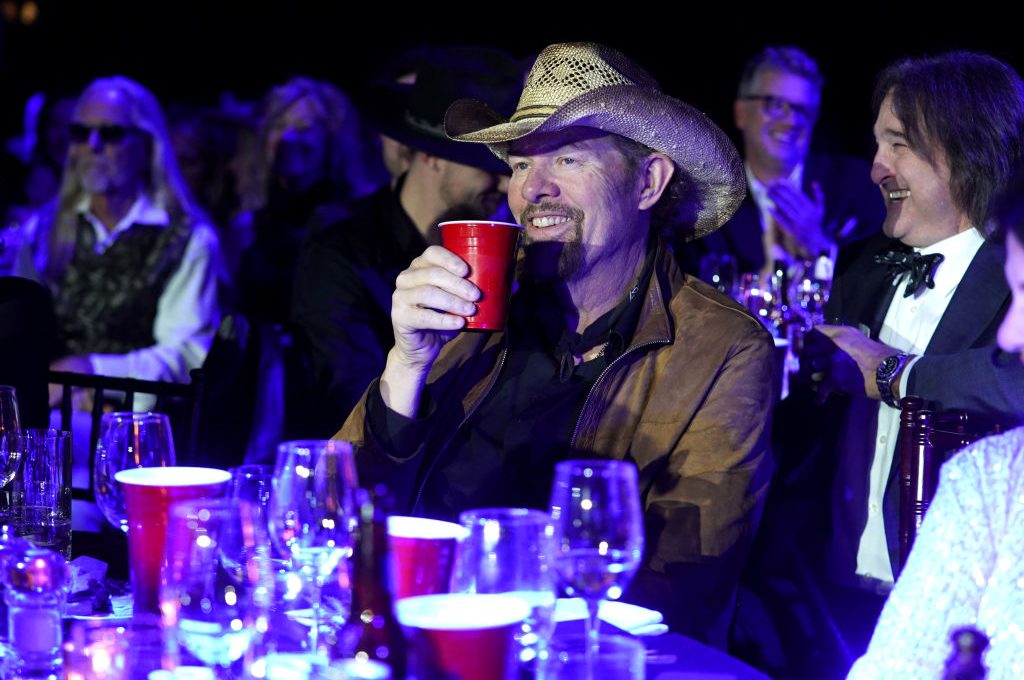








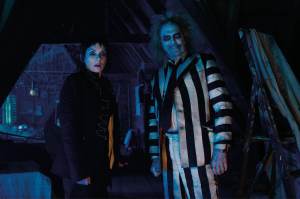

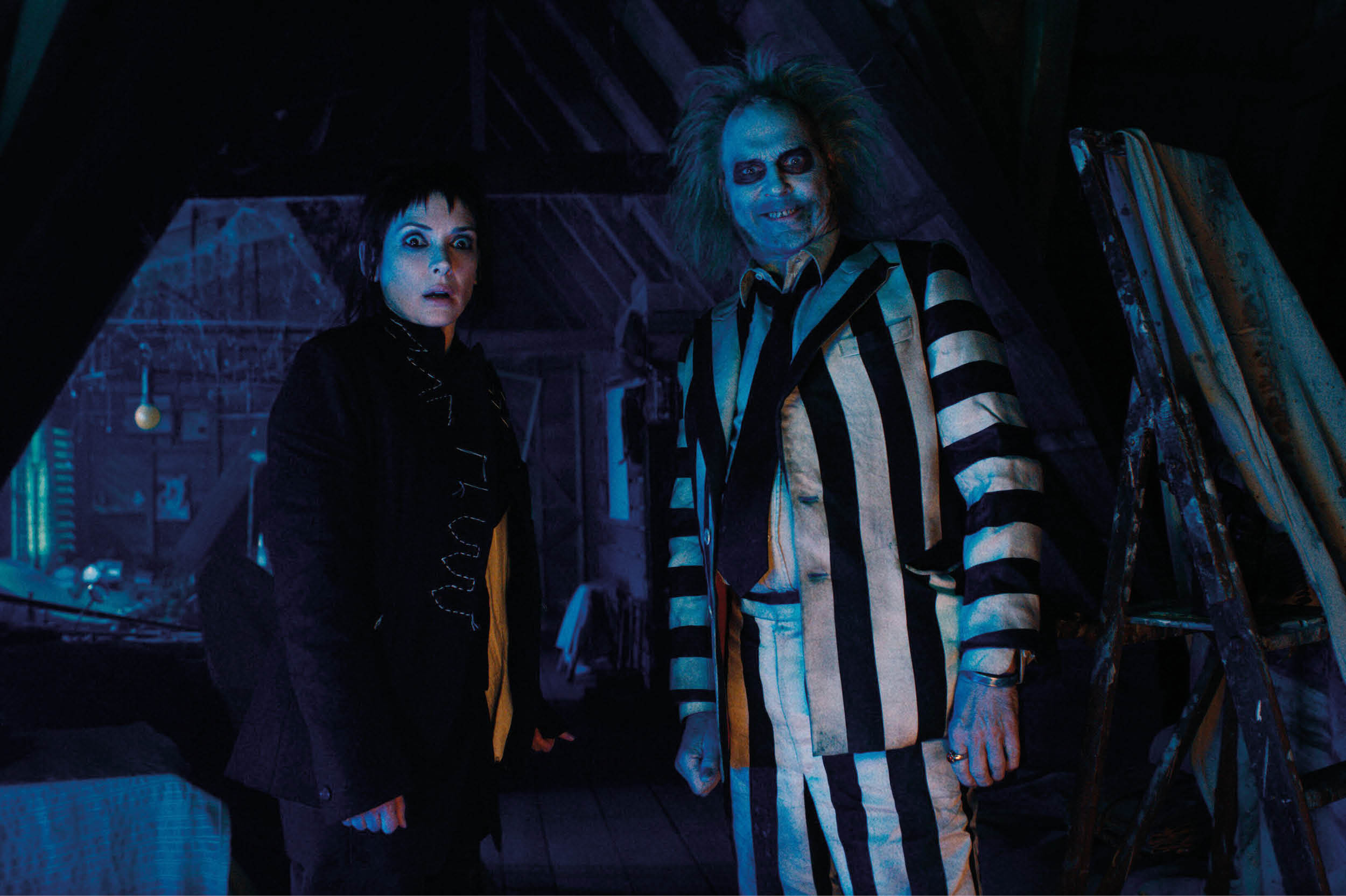


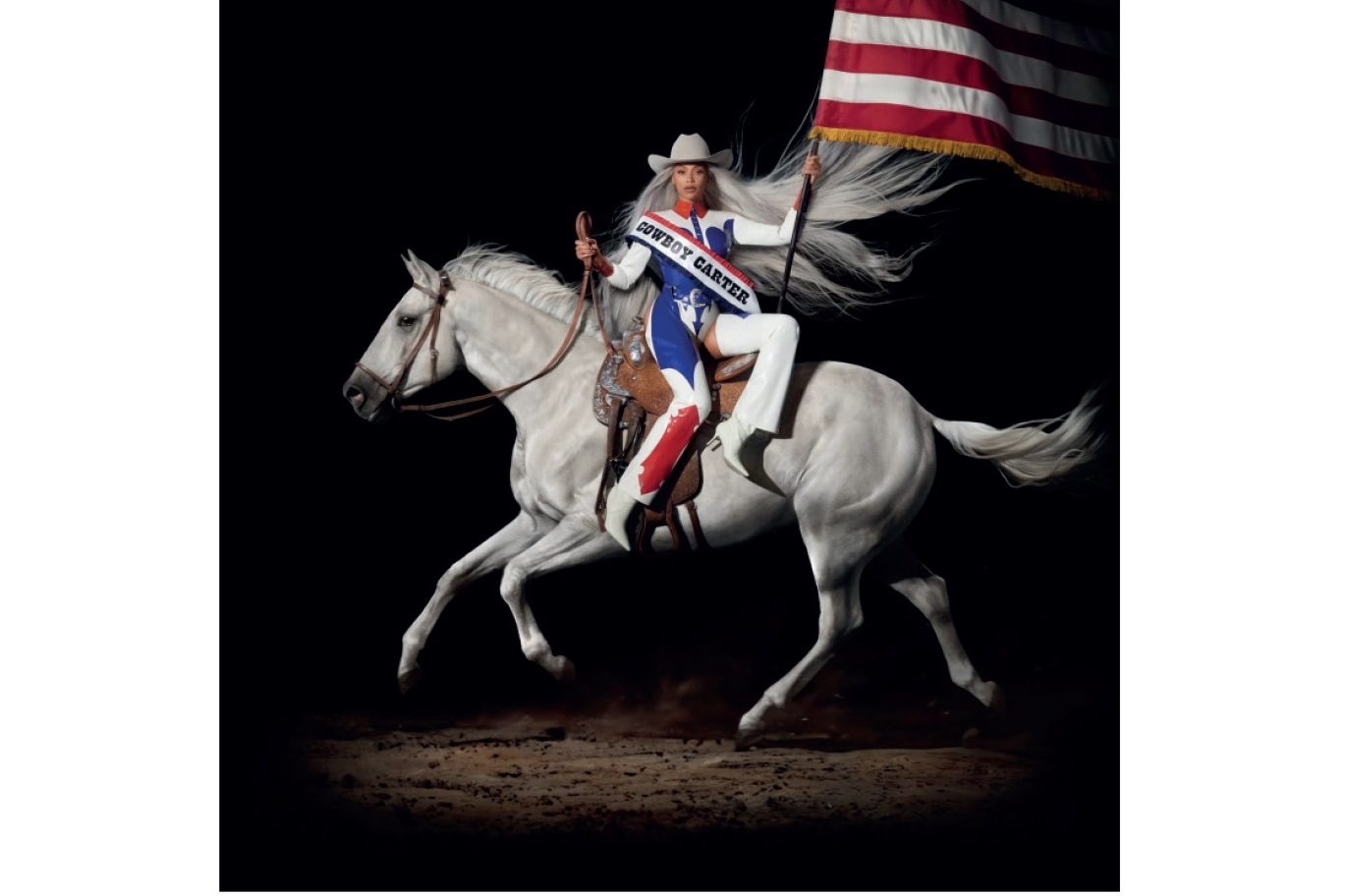
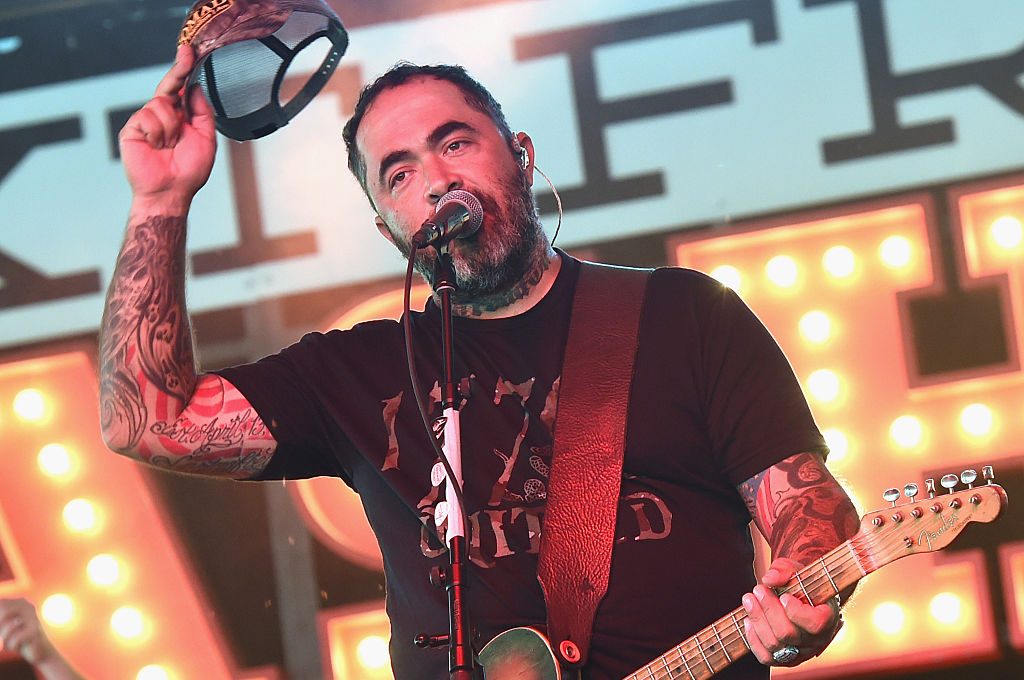







Leave a Reply